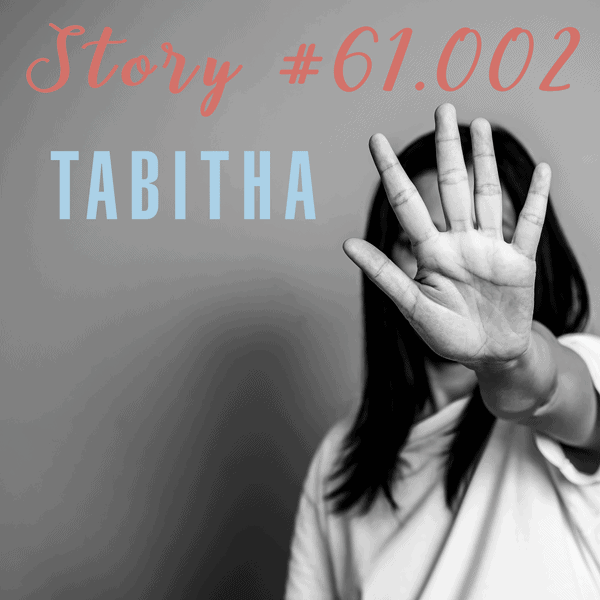Story #61,002: Tabitha
Tabitha and Roscoe were in a relationship for nearly fifteen years and had three children together. Throughout the relationship, Roscoe abused substances such as alcohol and steroids and committed multiple acts of domestic violence against Tabitha. Approximately one year into the relationship, Roscoe began berating and controlling Tabitha on a daily basis. The emotional abuse quickly escalated to physical violence. Roscoe punched, slapped, shoved, and spit on Tabitha repeatedly over the course of their relationship. Roscoe also told Tabitha to kill herself on multiple occasions, pointing out where she could find his gun. The couple’s children witnessed Roscoe abusing their mother and were also victims of Roscoe’s frequent angry outbursts.
In July 2016, Tabitha ended the relationship after a particularly violent incident. During that incident, Roscoe threw Tabitha on the bed, restricted her breathing by covering her nose and mouth, and then threatened her with a gun. Tabitha was able to escape and fled the house with the three children. Even after the relationship was over, Roscoe’s abusive behavior continued. One day, Roscoe showed up at Tabitha’s workplace and began yelling at her and banging on her car windows in front of her coworkers. Roscoe also continued to verbally degrade and threaten Tabitha. Although Tabitha continued to be the children’s primary caregiver after they separated, Roscoe refused to pay Tabitha child support unless she agreed to have sex with him.
In the fall of 2017, Tabitha came to Bringing Justice Home (BJH) seeking assistance with establishing primary custody and support for the children. Tabitha, who works for a school district, could not afford to hire a private attorney, but BJH was able to offer her full legal representation. Throughout BJH’s representation of Tabitha, BJH staff worked closely with Tabitha to gather evidence related to Roscoe’s long history of abuse, including hundreds of text messages, multiple voice recordings, and photos of injuries and property damage.
In the spring of 2018, Child Protective Services (CPS) began investigating Roscoe after one of the children reported to a school counselor that Roscoe had been physically abusive toward him and also that Roscoe had injected himself with steroids multiple times in the child’s presence. When the CPS caseworker interviewed the children, all three children reported witnessing Roscoe use steroids. The children also reported that Roscoe had them help with his illegal marijuana grow operation on several occasions and that the children had access to drugs and unsecured firearms while in Roscoe’s care.
In order to protect the children, BJH filed an Emergency Motion to restrict Roscoe’s parenting time. After BJH presented evidence demonstrating that Roscoe endangered the children on multiple occasions, the court limited Roscoe’s contact with the children to supervised visits only in the presence of a CPS caseworker. Tabitha’s story is just one example of how BJH is able to protect low-income victims of domestic violence and their children.

